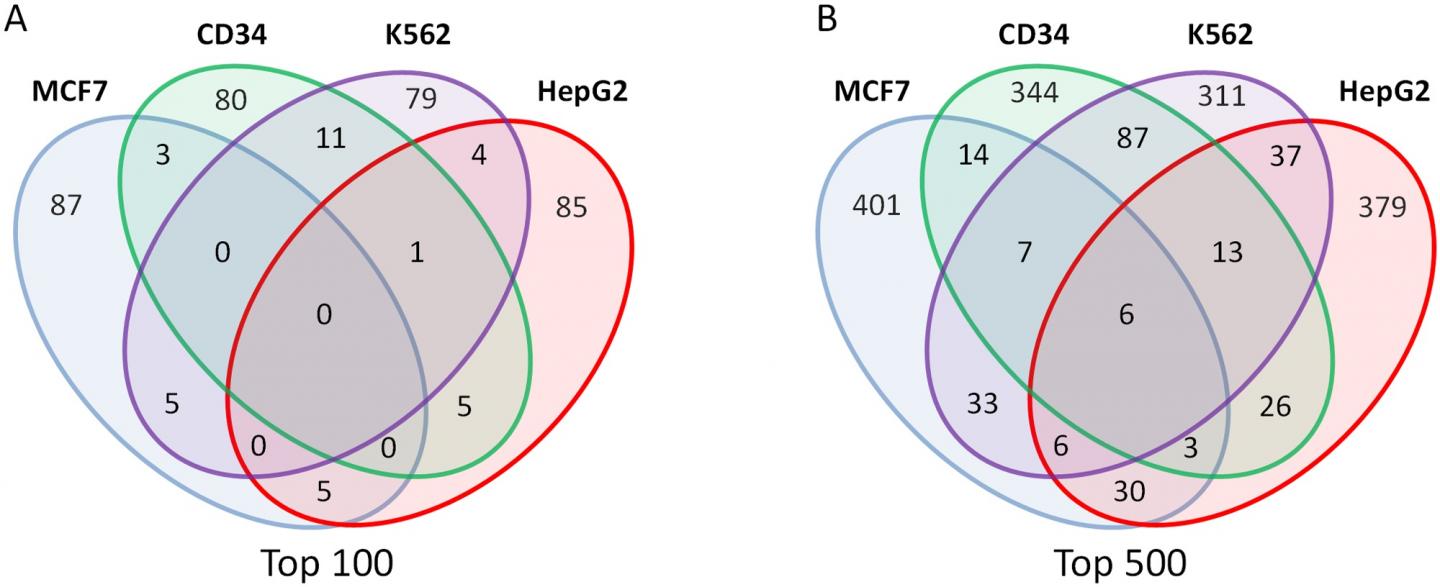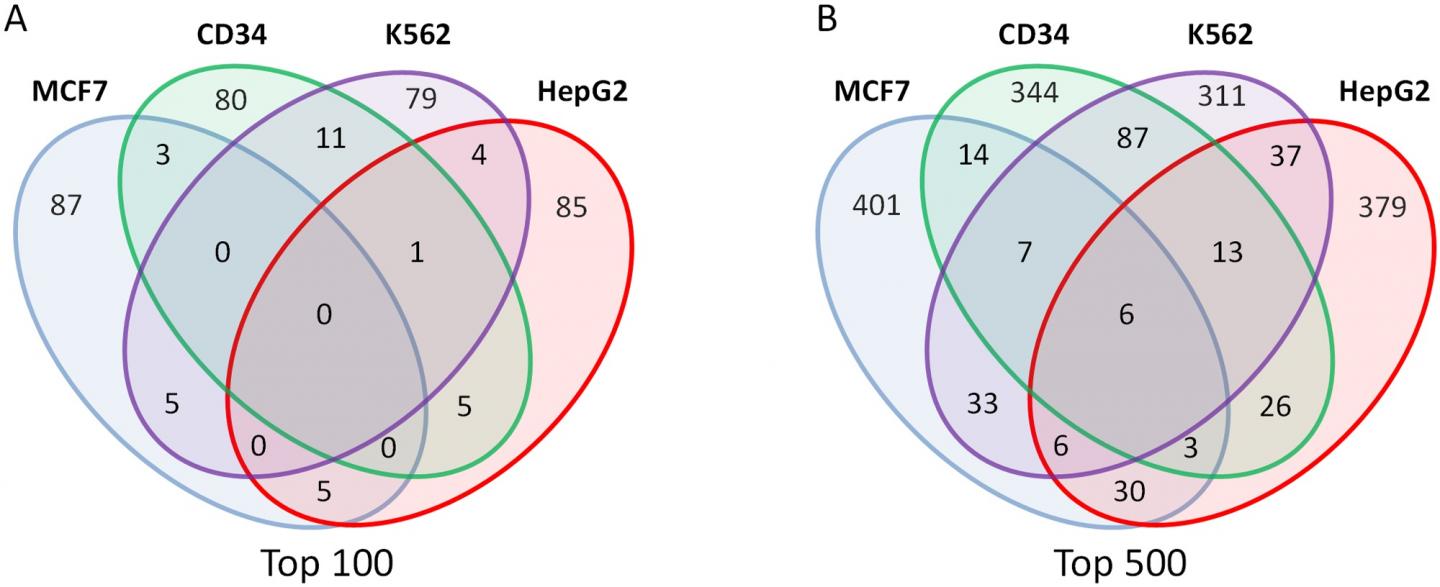
Identifying the sites where gamma-retroviruses commonly insert into the genome may help to identify genes associated with specific cancer types, according to a study published April 20, 2016 in the open-access journal PLOS ONE by Kathryn Gilroy at the University of Glasgow, UK, and colleagues.
Gamma-retroviruses, such as feline leukaemia virus, tend to cause mutations when they insert into a host’s genome, and have been used as a tool to discover genes associated with cancer. However, this discovery process can be time consuming, requiring the collection of multiple tumors from animals and comparative genomic analyses. The authors of the present study sought to investigate the pattern of gamma-retrovirus insertion using deep sequencing to analyse common insertion sites for feline leukaemia virus in cell culture. The study was also expanded to analyze published genome insertion profiles of other gamma-retroviruses.
The authors found that the gamma-retroviruses preferentially inserted into cancer-driving genes, regardless of transcription levels, in a cell type-specific manner. This authors suggest that gamma-retrovirus integration profiling in vitro may be a tool to identify potential therapeutic target genes in different human cancer types.
###
In your coverage please use this URL to provide access to the freely available paper: http://dx.plos.org/10.1371/journal.pone.0154070
Citation: Gilroy KL, Terry A, Naseer A, de Ridder J, Allahyar A, Wang W, et al. (2016) Gamma-Retrovirus Integration Marks Cell Type-Specific Cancer Genes: A Novel Profiling Tool in Cancer Genomics. PLoS ONE 11(4): e0154070. doi:10.1371/journal.pone.0154070
Funding: KLG, AT, AN, AK, ERC and JCN were supported by a joint programme from Cancer Research UK and Bloodwise (grant numbers A11951 (CRUK) and 13046 (Bloodwise); URLs are http://www.cancerresearchuk.org/ and https://bloodwise.org.uk/). JdR was funded by a VENI grant (639.021.233) from NWO (Netherlands Organisation for Scientific Research, http://www.nwo.nl/). AM was funded by Canadian Institutes for Health Research (MOP 97798, http://www.cihr-irsc.gc.ca/). GK-SW was funded by Alberta Innovates Technology Futures (AITF, http://www.albertatechfutures.ca/) and Innovates Centre of Research Excellence (iCORE). The funders had no role in study design, data collection and analysis, decision to publish, or preparation of the manuscript.
Competing Interests: The authors have declared that no competing interests exist.
Media Contact
Beth Jones
[email protected]
The post Gamma-retroviruses preferentially integrate near cancer-associated genes appeared first on Scienmag.





